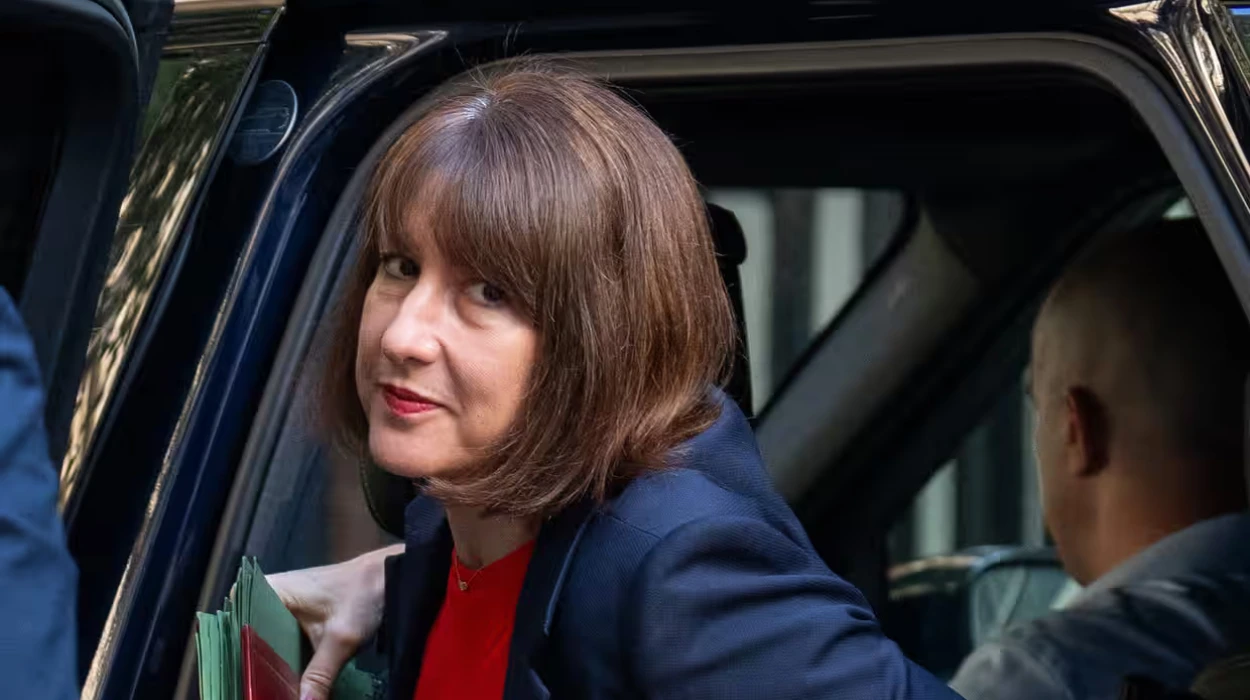UK (Parliament Politics Magazine) – Chancellor Rachel Reeves’ bid to prevent a £44bn compensation bill for lenders caught in the car finance scandal was rejected by the Supreme Court.
On Monday, the Chancellor faced a setback when her attempt to intervene in a high-profile Supreme Court case aimed at reducing a £44bn bill for lenders involved in the car loan commissions scandal was dismissed.
How did the Supreme Court’s ruling impact lenders’ share prices?
Judges at the Supreme Court turned down Ms Reeves‘ request made last month to block “windfall” payouts to borrowers impacted by secret commissions from car dealers who facilitated the loans.
The announcement had a negative impact on lenders’ stock prices, which had jumped after the Treasury’s involvement with hopes of lowering their potential compensation costs. Lloyds and Close Brothers, two major UK motor finance providers, saw their shares decline by 3.8% and 8.5%.
Did Rachel Reeves surrender to lender pressure on compensation?
Ms Reeves attempted to intervene after facing pressure from lenders, who argued that a hefty compensation bill might destabilise the motor finance industry.
Later, the Chancellor was forced to reject claims that she had bowed to financial sector lobbying or opposed consumer interests.
What did lobby groups warn about £44bn payouts?
Lobby groups have raised concerns that the massive payouts from the scandal, potentially as high as £44bn, could severely impact the lending market. Analysts argue that this may lead to higher interest rates, reduced loan availability, or even drive lenders out of business, drawing comparisons to the PPI mis-selling crisis.
What did Rachel Reeves say on car affordability?
During the World Economic Forum in Davos last month, Chancellor Rachel Reeves spoke with reporters, saying,
“There is nothing pro-consumer about making it harder for people to buy an affordable car for their family. That would be bad for working families.”
What did Gary Greenwood say about the Treasury’s failed intervention?
Gary Greenwood, a banking analyst at Shore Capital, said the Treasury’s unsuccessful intervention will disappoint the market.
He stated,
“Ultimately, the situation and potential outcome remains subject to significant uncertainty and, although the mood music has arguably been improving, this news highlights that the process will be far from straightforward in its resolution.”
Mr Greenwood said they hope for a sensible ruling that penalizes the wrongdoers while protecting those who should not be punished.
What did Alex Neill say about the court’s rejection?
Consumer Voice co-founder Alex Neill expressed disappointment over the court’s rejection to allow their intervention.
She stated,
“An overwhelming majority of car finance customers have told us they are concerned about the practice of dealers being paid commission. And it’s little wonder, as people trust their car dealer to act in their best interests when arranging finance.”
How did the Supreme Court handle intervention requests in the case?
Intervention requests by Consumer Voice, a consumer rights group, and the Financing and Leasing Association (FLA), which advocates for car lenders like Barclays and Ford’s financial division, were rejected by the Supreme Court on Monday.
The Supreme Court allowed the Financial Conduct Authority to engage in the case, alongside the National Franchised Dealers Association (NFDA), which represents car dealerships.

